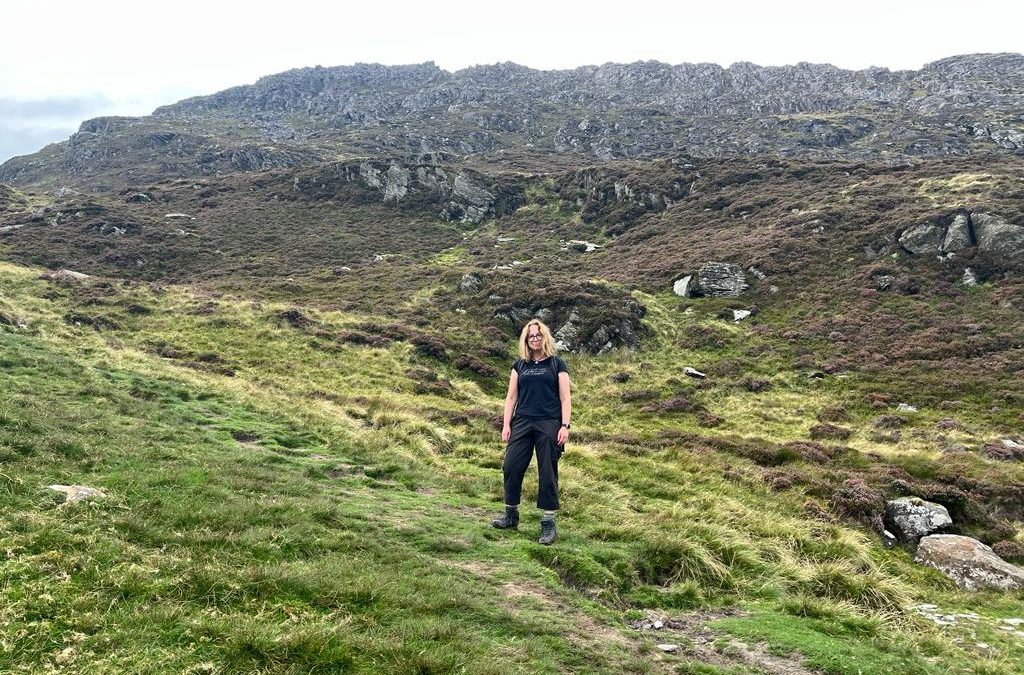The Twelve-Step Movement developed from Alcoholics Anonymous (AA), a self-help organisation founded in 1935 when one alcoholic, Bill Wilson (‘Bill W.’), talked to another alcoholic, Bob Smith (‘Dr. Bob’), about the nature of alcoholism and a possible solution for people suffering from this problem.
Written by Bill W. in collaboration with Dr. Bob and other early AA members, Alcoholics Anonymous: The Story of How More than One Hundred Men Have Recovered from Alcoholism, was first published in 1939, and is the core AA text describing how to recover from alcoholism. It is affectionately known by members as ‘The Big Book’.
I was fascinated to hear Wendy talking to Wulf about her research into the 12-Step Fellowship, particularly when she described how if you listen to people today, you hear the really creative ways they interpret the language of the Big Book, which is written in the formal language of the 1930s. Here’s another interesting aspect of her research:

Practices in 12-Step Recovery [5’34”]
Whilst much of Wendy’s research on the 12-step fellowship has concerned beliefs, she now wants to focus more on fellowship practices. One key area of her interest concerns the taking of ‘a searching and fearless moral inventory of ourselves.’ (Step 4) She wants to better understand how these words relate to more contemporary therapeutic understandings of recovery.
Whilst these words sound like they are coming from a place of moral judgement, both Wulf and Wendy have been in huge gatherings of recovering people where the atmosphere is ‘immensely non-judgemental.’ How can there be such an atmosphere of non-judgement when you have hard core language like ‘moral inventory’? Wendy believes that part of the reason for this is that in mutual aid recovery communities no one is better than anyone else. ‘Everyone has done the same shit.’
Since there is no professional tier, there really is an equality, an egalitarian feel, amongst recovering people. Wulf believes that this egalitarianism is crucial to the wider peer-led recovery community. Wendy points out that whilst professional help is very important for certain things—for example, for psychotherapeutic work, housing, jobs—for navigating a path to recovery from addiction, ‘you are so much better with someone who has trod that path, who knows that terrain.’
Wendy wants to learn more about how people go through the process of looking at their past in an honest manner. Many people report that this process is the very foundation of their recovery, because it’s about coming out of denial and becoming accountable for their past behaviour. Wendy is fascinated by the courageous nature of this process—people take a ‘spiritual journey of immense depth.’


